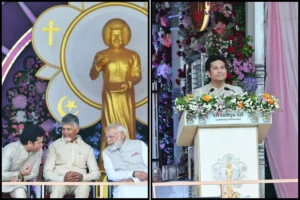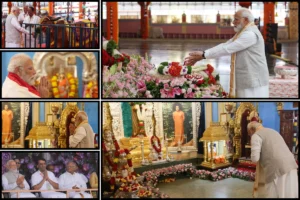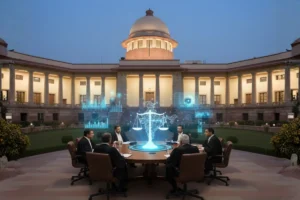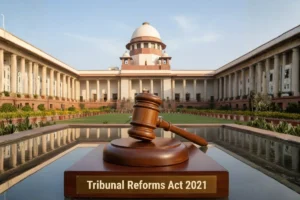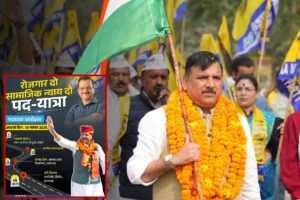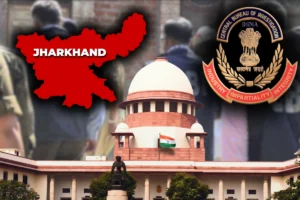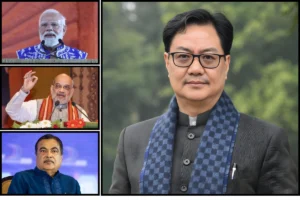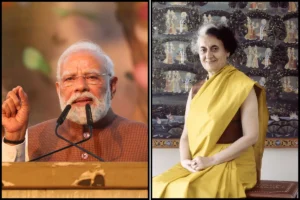
Shehbaz Sharif, Prime Minister of Pakistan
Two years ago, when Shehbaz Sharif took office as prime minister of Pakistan, he had to calm a divided coalition and a resentful populace by announcing unpopular policies that would prevent the country from going into default. It’s worse this time. Shehbaz took over as the new prime minister of the fifth most populous country in the world on Sunday, following the unannounced transfer of power from his elder brother and party leader Nawaz.
Here’s the trouble Shariff has to face
The position of the younger Sharif is intimidating. In the February poll, the majority of seats went to supporters of his imprisoned rival Imran Khan, and Sharif’s comeback was predicated on a fragile coalition. To keep the economy afloat, he must renew a loan with the International Monetary Fund by April; this is a task that is likely to inflame public discontent. He also needs to appease the strong military that banished him in the past.
The politician, 72, has been here before, though. His predecessor Khan, who came to power in 2022, had agreed to subsidize fuel prices weeks before he was overthrown. This move was made to appease the populace, which was being squeezed by Asia’s fastest-rising inflation, but it came at a cost to the government greater than what it spent on running the federal civil administration as a whole. This caused an IMF bailout, which was thought to be necessary to maintain the economy, to stall.
Shehbaz Sharif has to prevent Pakistan from falling down
Sharif was told at the time, weeks before he became prime minister, that in order to seal the IMF agreement and keep the nation from going into default, he would have to increase fuel prices.
“He was convinced really from day one,” said Miftah Ismail, Sharif’s former finance minister. “Then one of our ministers convinced him to wait 15 days. And then every time he would be ready, somebody would say, why don’t you wait three more days?”
The negotiation process between Sharif and his coalition partners resulted in a six-week delay that cost Pakistan hundreds of millions of dollars. He ultimately succeeded in obtaining the $3 billion loan by implementing controversial measures like eliminating fuel subsidies and increasing energy prices.
Sharif’s “first stint as PM did not bring him brownie points,” said Majyd Aziz, a prominent businessman in Karachi who has met him many times. “He had minimal control or influence over the coalition partners.”
The drama surrounding fuel prices brings to light the abilities Sharif will probably require to lead yet another potentially unpopular coalition.
The two principal allies of Sharif declared that they would only offer case-by-case support to the government. Even joining the cabinet was rejected by the largest ally, the center-left Pakistan Peoples Party, which is led by Bilawal Bhutto Zardari, the opponent in the election.
To read more such news, download Bharat Express news apps








